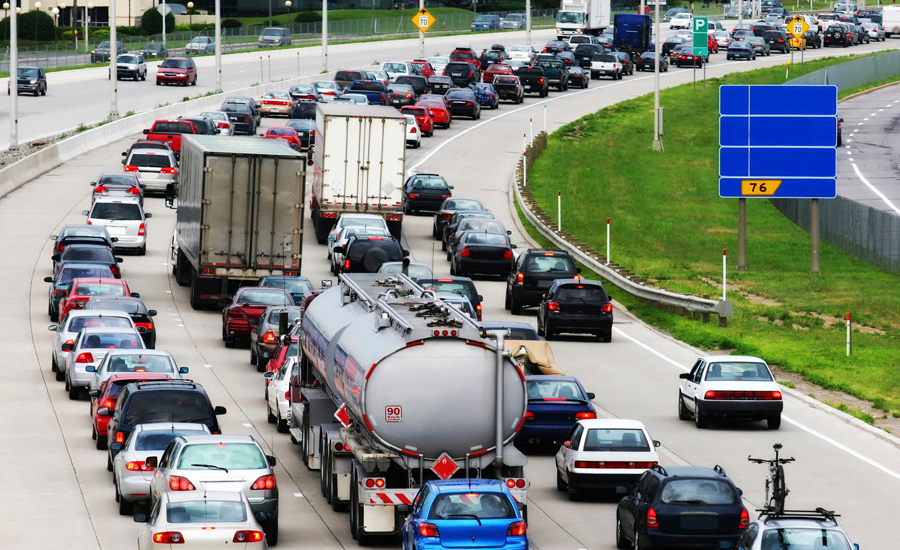What is “Vision Zero” & should other cities follow Denver’s lead?

An initiative underway in Denver, Colorado may provide a blueprint for other U.S. cities who want to improve safety on their roadways for “vulnerable” road users - bicyclists, pedestrians, and motorcyclists. Denver Vision Zero is a five-year plan crafted by city agencies and State and community partners that includes improved street design, safe speeds, a culture of safety, and improved data. Among the partners: the U.S. Department of Transportation (DOT), Colorado Department of Transportation, Denver Public Works, and Denver Police Department.
The numbers
According to the Denver Vision Zero Data Dashboard, from January 1 to October 31, 2019 there were 61 fatal crashes in the city. Bicyclists, pedestrians, and motorcyclists account for most of those deaths, at 56% of all traffic fatalities.
“We clearly have more work to do to ensure that Denver’s transportation safety needs are met,” said James Owens, Acting Administrator of DOT’s National Highway Traffic Safety Administration (NHTSA).
Although overall traffic related deaths were down across the nation in 2018, fatalities among pedestrians and bicyclists and other vulnerable road users increased by 3.4%. The data shows that pedestrian fatalities occurred overwhelmingly after dark (76%), when many pedestrians had some alcohol in their systems (38%), or were outside of intersections (74%). Bicyclist fatalities also often occurred after dark (50% of the time), with some alcohol in their systems (26%), or outside of intersections (60%).
Steps being taken
The Federal Highway Administration (FHWA) awarded Colorado $46.6 million over the past three years because Colorado’s annual combined pedestrian and bicyclist fatalities exceeded 15% of the total annual crash fatalities in the state.
The FHWA is working to reduce fatalities with the Bicycle and Pedestrian Program, which promotes safe, comfortable, and convenient walking and bicycling for people of all ages and abilities.
Additionally, FHWA is focused on pedestrian and bicycle transportation through funding. In 2019, States obligated over $1 billion of Federal-Aid Highway Program funding to pedestrian and bicyclist programs and projects, policy guidance, program management, resource development, and the availability of an FHWA Bicycle and Pedestrian Coordinator point of contact in each of its division offices.
The NHTSA is examining current and planned research related to these vulnerable road users, including recently announced plans for upgrades to the New Car Assessment Program – the 5-Star Ratings system for new vehicles. As part of these NCAP upgrades, NHTSA will consider new technologies tied to the safety of pedestrians and bicyclists, among other vulnerable road users.
Looking for a reprint of this article?
From high-res PDFs to custom plaques, order your copy today!





